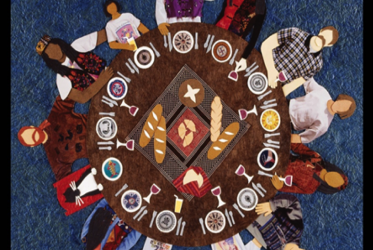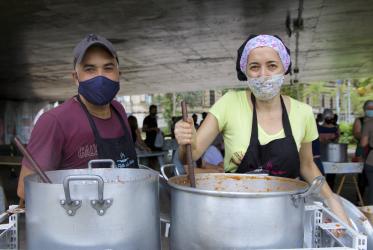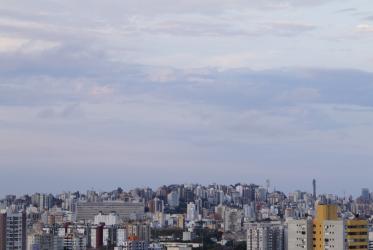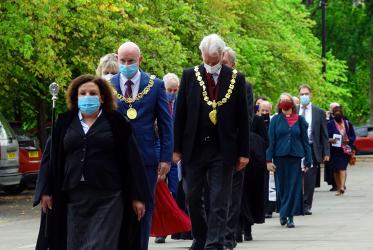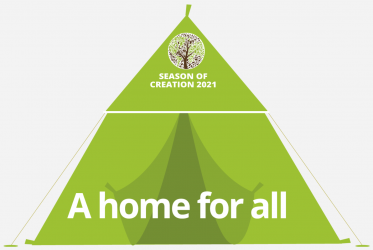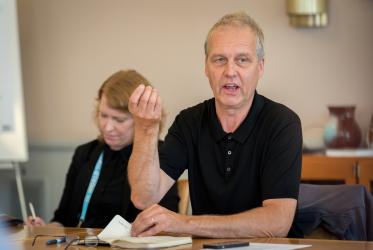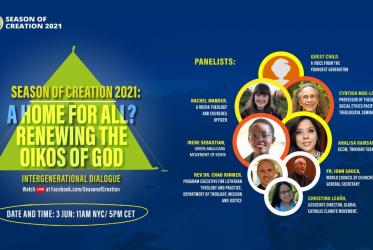Displaying 141 - 160 of 230
Webinar: Sustainable food systems to overcome hunger
08 October 2021
How racism and colonialism are exacerbating impacts of climate change
29 September 2021
Churches offer some relief in Kenya’s drought disaster
16 September 2021
Walk the Talk
A Toolkit to Accompany the "Roadmap for Congregations, Communities and Churches for an Economy of Life and Ecological Justice"
31 August 2021
Season of Creation 2021
01 September - 04 October 2021
Can we end our societal addiction to fossil fuels?
12 August 2021
Ecumenical International Youth Day 2021 Event Toolkit
Young People and Climate Justice
06 August 2021
Season of Creation Intergenerational Dialogue
03 June 2021
